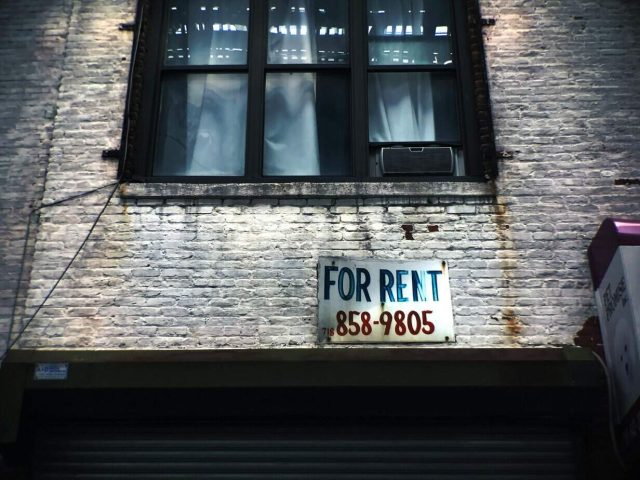Buying rental property in another state can feel like you’re really leveling up your game, but distance magnifies risk. Sure, you might find lower prices, higher returns, and strong markets but an out-of-state investment property can turn into a money pit. Not knowing the market, the laws, or how to manage a property hundreds, if not thousands, of miles away can be a challenge.
Before investing in property outside of your home state, here’s what you need to consider.
1. Will you hire a property manager?
When you buy property out of state, it’s much harder to manage. The last thing you want is to get stuck having to drive or fly out of state every month to check up on your investment. The smart solution is to hire a property manager. Real estate investors who buy out-of-state properties contract with local property managers for good reason.
When you live out of state, normal business operations are extremely challenging without a property manager. Hiring a professional is the reason so many investors have successful out-of-state investments. For example, Green Residential, a property management company in Houston, Texas, takes over all landlord duties for their clients. They fill vacancies, screen tenants, collect rent, make repairs, and so much more.
If you’re serious about buying property in another state, you need to ask yourself if you’re willing to hire a property manager. It’s the best way to eliminate the stress and uncertainty of being so far away.
2. Market research may tell a different story
Every market is different, and markets out of state can be vastly different than your home state. Vacancy rates, job growth, and local rental demand factor into profitability. What appears to be a cheap property might actually stay empty if the market is stagnant.
Studying rent-to-price ratios can tell you if an area is truly profitable. The best markets usually have a ratio of 10-15. And that may not be obvious at a glance. For instance, some areas look affordable but don’t support high enough rents to generate strong cash flow. And if a market is tied to a single industry (like oil and college towns), that market can shift dramatically as the economy changes.
3. State and local laws differ
Real estate laws vary by state and ignorance can be expensive. For instance, if you’re planning on turning a property into an Airbnb full-time, it may not be as profitable as you think. Some cities outright ban this practice, while others require landlords to pay hotel taxes.
If you don’t check into state laws, you might end up buying property in locations that make it hard or impossible to give a tenant notice to move. For example, seven states prohibit no-cause evictions along with a handful of individual cities. And some states are so tenant-friendly, it costs a fortune to evict a tenant, even after they’ve destroyed your property.
Your best bet is to contact a landlord-tenant attorney and find out what kind of challenges you’ll face by investing out of state.
4. You’ll still need to travel
Say you hire a professional property management company to handle your out-of-state rentals. You’ll still need to travel to visit your property once in a while. Even when you have the best property management company working for you, you’ll want to check in on your properties personally. This will require paying for flights, car rentals, and hotels that will cut into your profits.
5. Vet the entire neighborhood
This applies to every investment, but it’s easy to take for granted when you invest in familiar locations. When considering an out-of-state property, check out the whole neighborhood. Look into the crime rates and safety scores. High crime areas typically see more vacancies and higher turnover.
On the other hand, areas with good schools attract long-term family tenants and tend to maintain higher property values. Research from Realtor.com shows that homes in top-rated school districts sell for up to 49% more than average homes.
Other factors like upcoming infrastructure, business growth, and gentrification can shift demand dramatically.
Smart planning beats acting on impulse
Investing in out-of-state rental property can pay off, but only when you have a plan. A lower purchase price that looks appealing could come with hidden costs that eat into your profits. By researching the market, knowing the laws, and hiring a property manager, you can reduce the risks and make out-of-state investments work.

